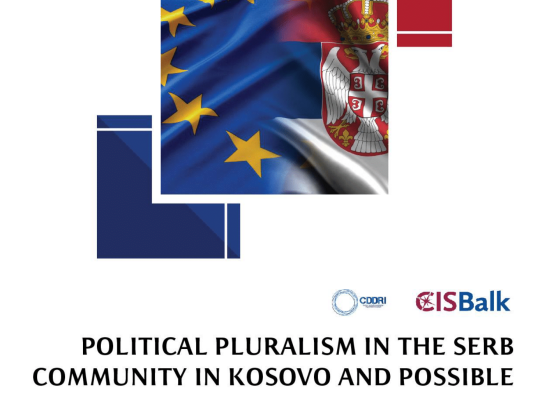Integrated Border Management (IBM) represents a complex but necessary strategy for effective state border control in light of modern challenges such as migration, terrorism, and cross-border crime. Despite agreements and technical arrangements between Serbia and Kosovo on IBM, challenges remain in the full implementation of these agreements. This requires further efforts in building trust and more efficient border management to achieve stability and development in the region. Since the adoption of the agreement on freedom of movement, including the IBM concept, there has been a significant increase in the number of travelers between Serbia and Kosovo. One important finding of the analysis is that from 2011 to 2012, Kosovo police recorded 100,000 more crossings than the previous year, and from 2017 to 2021, over 23 million crossings were recorded.
Although technical solutions within the dialogue have enabled more crossings, challenges still persist. The inadequate implementation of IBM, combined with political tensions, often results in movement bans and practices of suspending or obstructing cooperation, which is a particular focus of the analysis.
The analysis in Serbian can be read here, and in English here.
The publication was developed as part of the project “Support for the Work of the NCEU Working Group for Chapter 35,” funded by the Open Society Foundation Western Balkans. The opinions and views expressed in this publication are those of the authors and do not necessarily reflect the official positions of the Open Society Foundation Western Balkans, the National Convention on the European Union, or the Institute for Territorial Economic Development (INTER), which coordinates the activities of the NCEU Working Group for Chapter 35.












